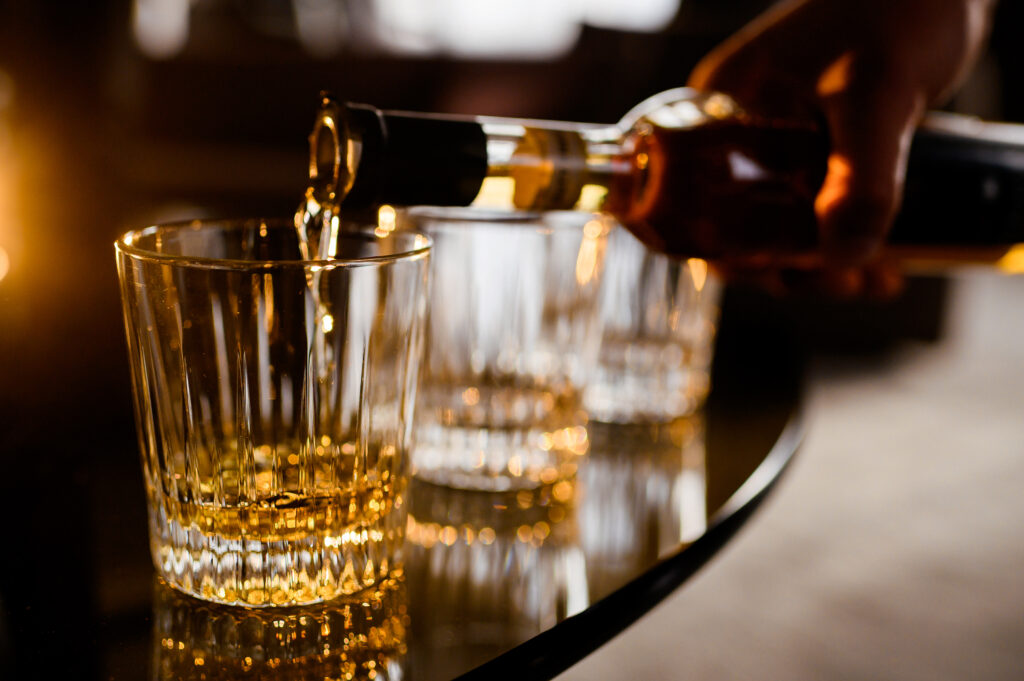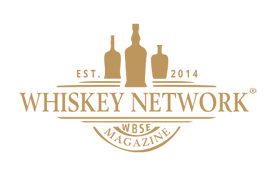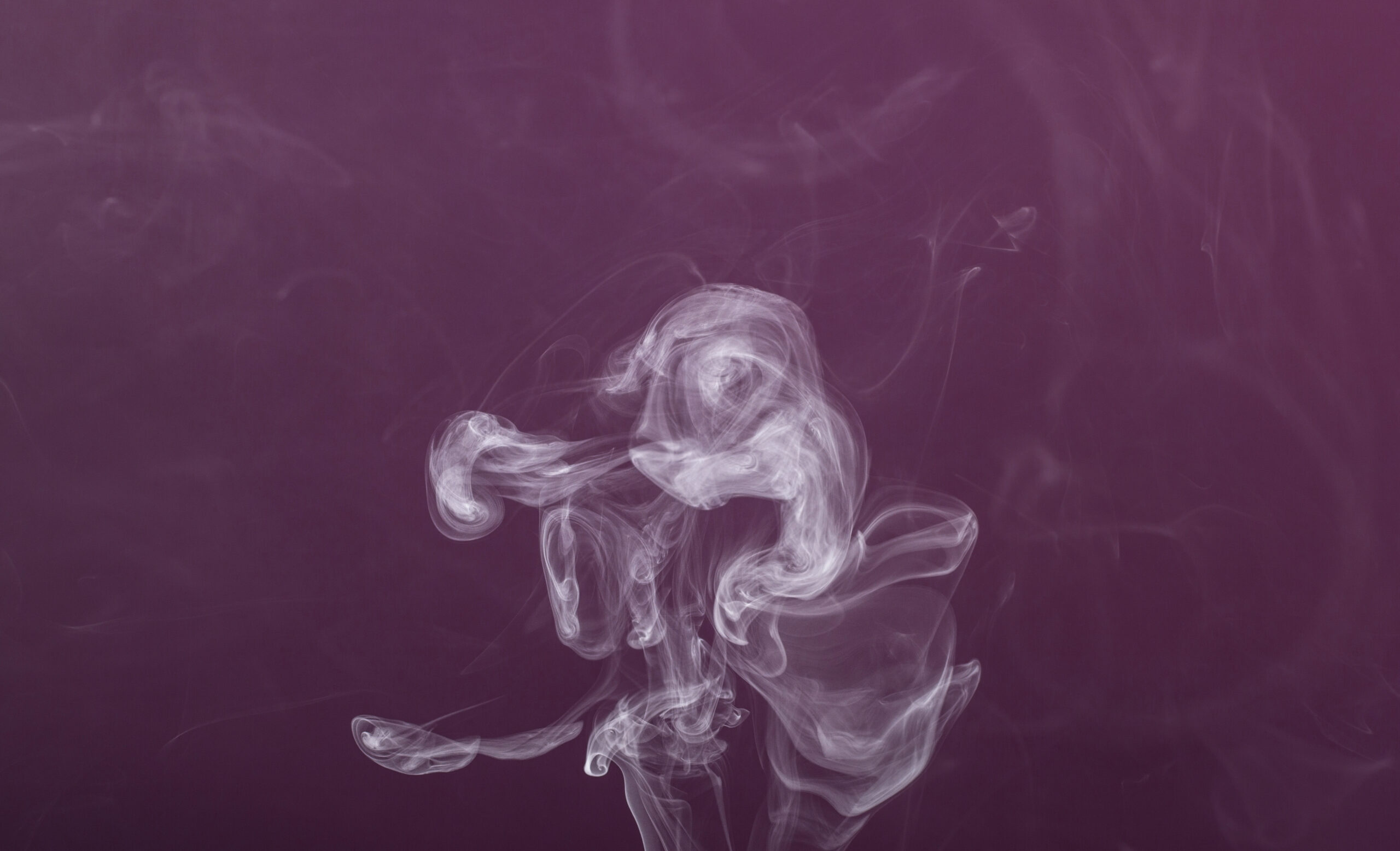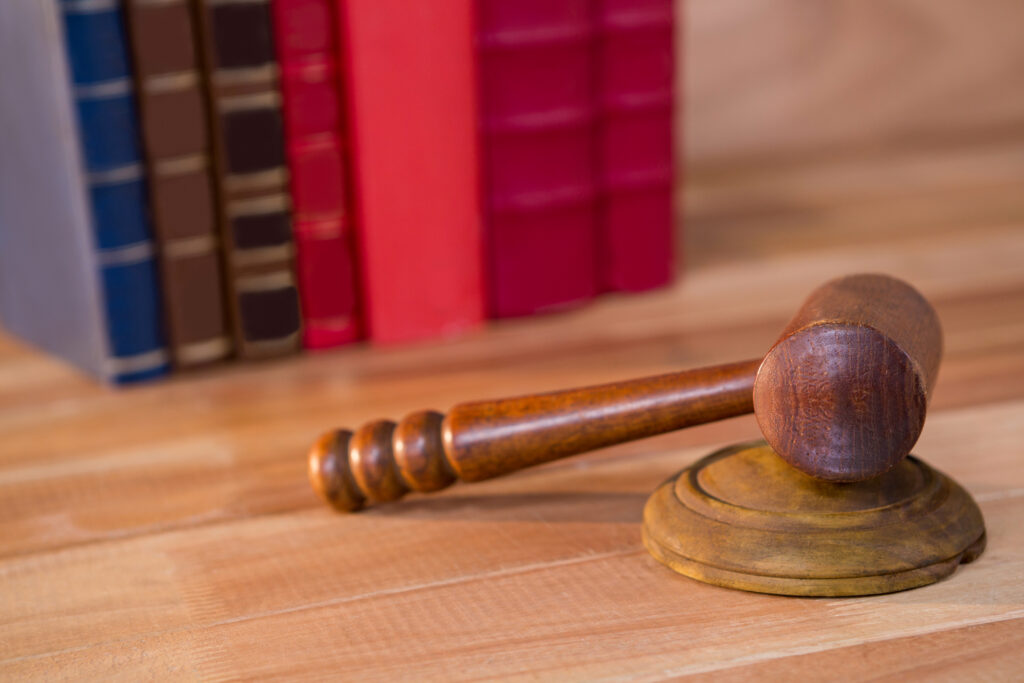
Dr. George Koob raised eyebrows across America in August. He was appointed in 2013 and is the current “Alcohol Czar” for the United States. In an August 24th interview Dr. Koob, Director of the National Institute on Alcohol Abuse and Alcoholism, said the U.S. could reduce its alcohol recommendations to match those in Canada[1].
The current government recommendations state that women may consume up to one bottle of beer, a small glass of wine or a shot of spirit per day while men may consume two drinks. These guidelines are up for review according to Dr. Koob. He stated, “So, if [alcohol consumption guidelines] go in any direction, it would be toward Canada.[2]“
Once this news hit Washington, DC there was almost immediate reaction by a number of prominent officials and pundits aiming to politicize the issue. Being a careful observer of the political class, I believe this is an issue which is all about money, not alcohol consumption, and the alcohol industry ought to pay close attention here.
This debate about alcohol consumption began long ago and ultimately resulted in the systems we have today, including generous “sin” taxes presently extracted by the government on every ounce of alcohol sold. Why in the twenty-first century should we be paying a “sin tax” anyway?
The Argument
“Sin taxes” were levied on alcohol and other goods under pressure of the general “temperance movement” of the nineteenth and early twentieth century. Without a lengthy explanation, the basic argument of these movements was that “alcohol is bad” and taxing it was seen as a method for discouraging consumption. Not surprisingly, the government (the only beneficiary of the taxation) agreed.
For a more balanced understanding of alcohol we might consider Mississippi Representative Noah S. “Soggy” Sweat Jr.’s notable 1952 “If by whiskey” speech. Sweat delivered the speech on the floor of the Mississippi state legislature:
“If when you say whiskey you mean the devil’s brew, the poison scourge, the bloody monster, that defiles innocence, dethrones reason, destroys the home, creates misery and poverty, yea, literally takes the bread from the mouths of little children; if you mean the evil drink that topples the Christian man and woman from the pinnacle of righteous, gracious living into the bottomless pit of degradation, and despair, and shame and helplessness, and hopelessness, then certainly I am against it.
“But, if when you say whiskey you mean the oil of conversation, the philosophic wine, the ale that is consumed when good fellows get together, that puts a song in their hearts and laughter on their lips, and the warm glow of contentment in their eyes; if you mean Christmas cheer; if you mean the stimulating drink that puts the spring in the old gentleman’s step on a frosty, crispy morning; if you mean the drink which enables a man to magnify his joy, and his happiness, and to forget, if only for a little while, life’s great tragedies, and heartaches, and sorrows; if you mean that drink, the sale of which pours into our treasuries untold millions of dollars, which are used to provide tender care for our little crippled children, our blind, our deaf, our dumb, our pitiful aged and infirm; to build highways and hospitals and schools, then certainly I am for it.”[3]
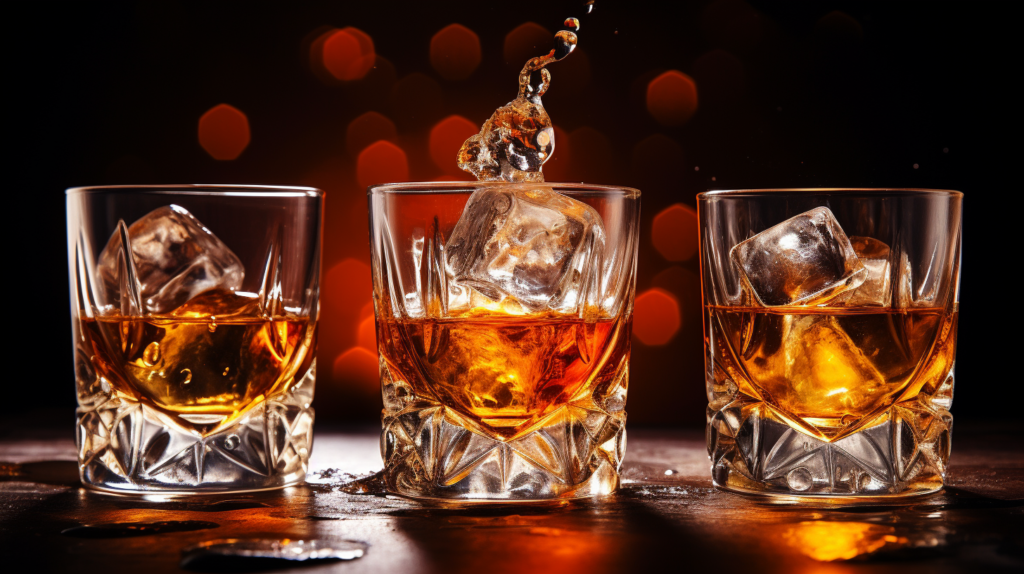
The True Question
It’s not inherently the whiskey or any other alcoholic beverage that is the problem. The reality is what it always has been; objects alone are neither intrinsically good nor bad. A twenty-five-foot length of rope can save a drowning man’s life. The very same rope on land can be tied at the end with a noose that can take a life. It is the manner of usage that is in question, and that speaks to personal choice and responsibility in all things. Political fearmongering on any issue is simply an attempt at public manipulation with a particular goal in mind. In this case, it seems that government may now want its “fair share” of the recent booming liquor business.
If consumption is successfully curbed in America, even moderately, the government would argue that it would need to increase the alcohol tax rate to compensate for the loss of revenue through less volume. We are told that the Canadians are now our government’s new model for American alcohol policy. Today, Canadians pay the highest alcohol tax rates in the world, and these taxes vary wildly from province to province. In New Brunswick, for example, in addition to the Canadian federal tax, the province tacks on up to $32.98 CAD per liter of spirit.[4]
As Dr. Koob and others seem to understand that alcohol is the preferred drug of alcoholics, I would argue that money is the preferred drug of American politicians. If Dr. Koob’s new guidelines in 2025 eventually include a recommendation for an increase in alcohol taxes, we will surely know what this issue was all about to begin with: ultimately increasing the alcohol tax rate which would crush the industry by stifling market entry and innovation across the entire category.
